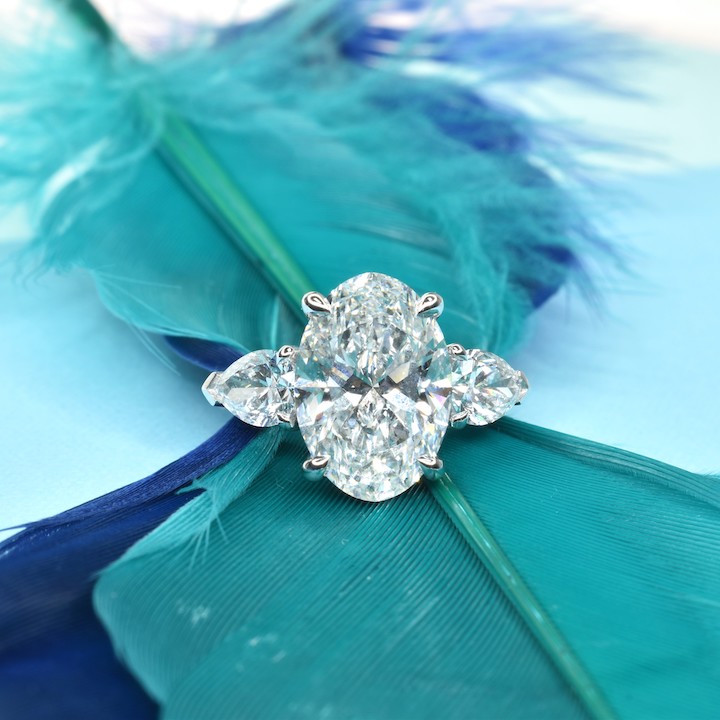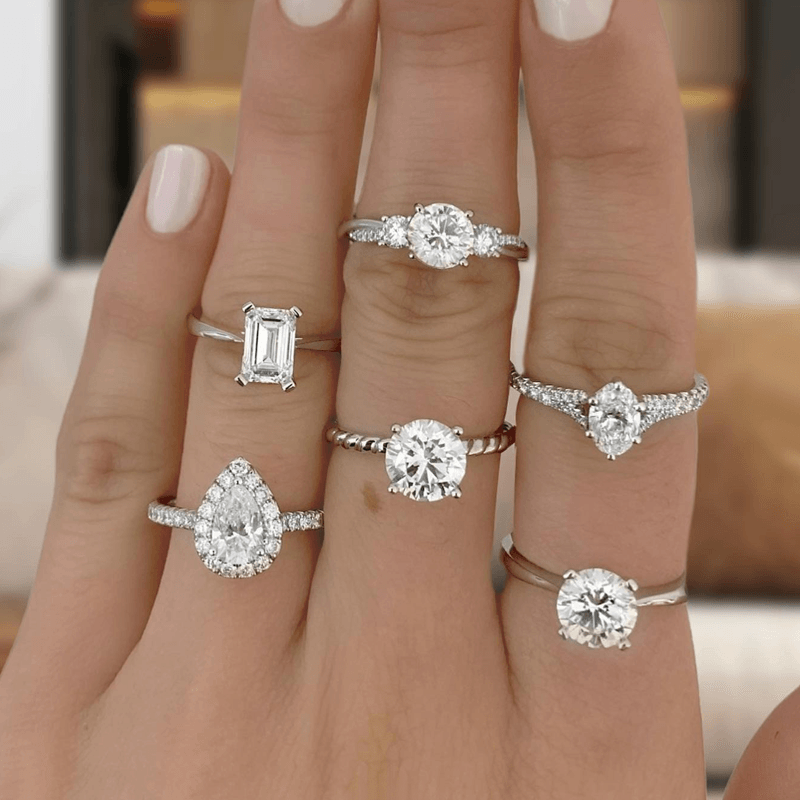Introduction to IGI and GIA
Gemological certifications are essential in the jewelry industry, offering assurance of authenticity and quality. Among the leading certifiers, International Gemological Institute (IGI) and Gemological Institute of America (GIA) are prominent names. Understanding their roles and methodologies is crucial for anyone involved in buying or selling gemstones.
Differences Between IGI and GIA
IGI and GIA, while both renowned for their gemological certifications IGI vs GIA, operate with distinct approaches. IGI, established in Antwerp, Belgium, focuses on providing reliable reports on gemstone quality. In contrast, GIA, headquartered in Carlsbad, California, emphasizes research and education alongside certification. These differences impact how gemstones are evaluated and graded by each institute.
Certification Process
Both IGI and GIA follow meticulous processes to assess gemstones. The journey begins with the submission of gems to their laboratories. At IGI, gemstones undergo detailed examination by trained professionals, evaluating aspects like color, clarity, cut, and carat weight. GIA’s process includes comprehensive analysis using advanced tools and techniques to determine gem quality accurately. Once evaluated, both institutes issue detailed reports that serve as certificates of authenticity.
Accuracy and Reputation
The accuracy of grading is paramount in gem certification. IGI and GIA have built their reputations on delivering consistent and reliable assessments of gem quality. While IGI is known for its precise grading standards tailored to consumer preferences, GIA is revered for setting the benchmark in gemological research and education, influencing industry standards globally.
Global Recognition
IGI and GIA certifications hold significant weight internationally, recognized and accepted by jewelers, collectors, and consumers alike. Their global presence ensures that certified gemstones maintain value and authenticity across borders, facilitating trade and consumer trust worldwide.
Lab diamonds, also known as synthetic diamonds or cultured diamonds, are gems created in controlled laboratory environments rather than being mined from the Earth’s crust. These diamonds possess the same chemical composition, crystal structure, and physical properties as natural diamonds formed over millions of years deep underground.
Cost of Certification
The cost of certification varies between IGI and GIA and depends on factors such as gemstone type, size, and the depth of analysis required. Generally, IGI may offer more competitive pricing for certification compared to GIA, making it accessible for a broader range of gemstone buyers and sellers.
Impact on Gem Trade
The influence of IGI and GIA extends beyond certification to the broader gemstone market. Certified gemstones command higher prices due to the assurance of quality and authenticity provided by these institutes. This pricing structure influences consumer behavior, encouraging informed purchases and enhancing overall market transparency.
Types of Reports Offered
oth IGI and GIA offer various types of reports to cater to different consumer needs. IGI provides reports that detail the specific qualities of gemstones, making it easier for consumers to understand and compare options. On the other hand, GIA offers comprehensive reports that include in-depth analysis and educational information, appealing to professionals and enthusiasts seeking detailed gemological insights.
Choosing Between IGI and GIA
When choosing between IGI and GIA certifications, several factors come into play. Consumers should consider the specific needs of their gemstone purchases, including budget, desired level of detail in the certification report, and the reputation of the certifying institute. Consulting with jewelers and reviewing sample reports can help consumers make informed decisions that align with their preferences and priorities.
Case Studies and Examples
Real-life examples illustrate the practical benefits of choosing certified gemstones from IGI and GIA. For instance, a certified diamond from IGI may appeal to budget-conscious consumers seeking excellent value without compromising on quality. In contrast, a GIA-certified gemstone offers comprehensive insights into its characteristics, making it a preferred choice for collectors and professionals.
Conclusion
In conclusion, IGI and GIA certifications uphold rigorous standards that ensure transparency and reliability in the gemstone market. Whether you’re purchasing a diamond engagement ring or adding to your gemstone collection, choosing a certified stone from IGI or GIA guarantees authenticity and quality. Their contributions to gemological research, education, and industry standards underscore their pivotal roles in shaping consumer confidence and trust worldwide.














